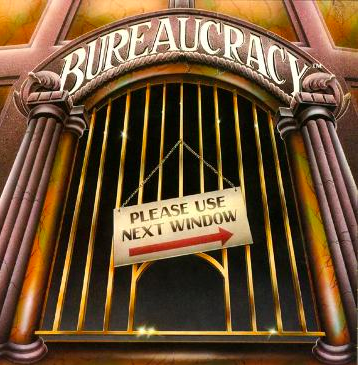
It’s my pleasure to introduce you to the concept of Bureaucracy. This term is often used to describe the administrative structure of large organizations, and it has far-reaching implications for governments, businesses, and other institutions around the world.
What is Bureaucracy?
At its most basic level, Bureaucracy refers to the complex system of rules, regulations, and procedures that govern organizations. This can include government agencies, corporations, and even non-profit organizations. Bureaucratic systems are designed to provide stability, efficiency, and accountability, but they can also be criticized for being slow, inflexible, and impersonal.
Examples
One example of Bureaucracy is the Federal Communications Commission (FCC) in the United States. This government agency is responsible for regulating communication technologies, including the radio, television, and internet. The FCC has a complex set of rules and procedures that govern how it operates, and it has been criticized for being slow to adapt to changes in the industry.
Another example of Bureaucracy is the Department of Motor Vehicles (DMV) in the United States. This government agency is responsible for issuing driver’s licenses, vehicle registrations, and other documents related to driving. The DMV has a reputation for being slow and inefficient, with long wait times and confusing procedures.
Pros and Cons
One of the main advantages of Bureaucracy is that it can provide stability and predictability. By establishing clear rules and procedures, organizations can ensure that everyone is on the same page and that decisions are made fairly and consistently. Bureaucracy can also be an effective tool for promoting accountability, as it requires organizations to document their actions and decisions.
However, it can also be criticized for being slow, inflexible, and unresponsive to changing conditions. In some cases, Bureaucracy can become so entrenched that it resists change and stifles innovation. Additionally, Bureaucracy can be criticized for being impersonal and bureaucratic, with individuals feeling like they are just a number rather than being treated as unique individuals.
Bureaucracy is a complex concept that has far-reaching implications for organizations and societies around the world. While it can provide stability and accountability, it can also be criticized for being slow, inflexible, and impersonal. As you continue your studies in Political Science and Economics, I encourage you to explore the pros and cons of Bureaucracy in greater detail and to consider how this concept applies to real-world situations.
